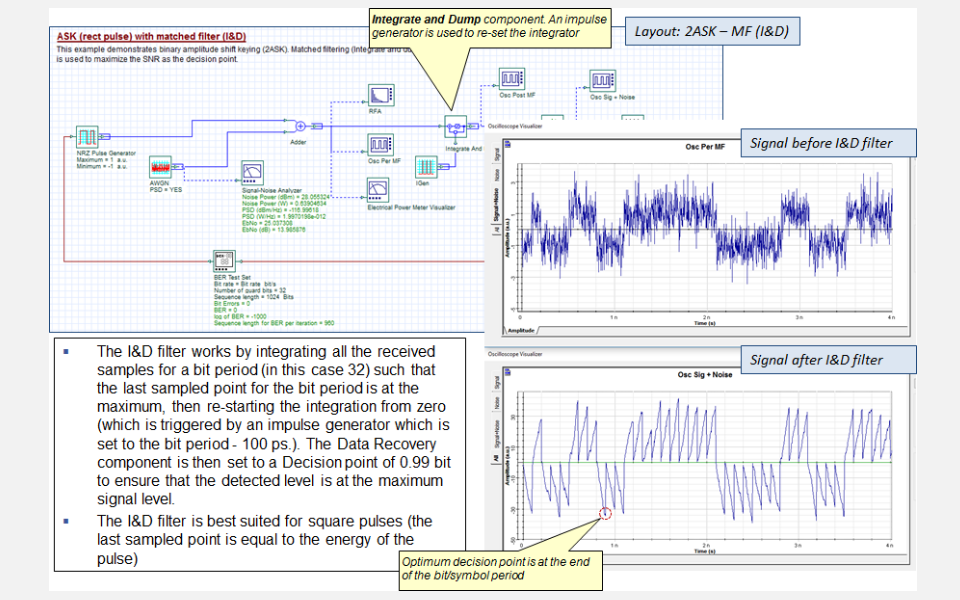
2.Robot Control:Ī.Position control methods: Centralized and decentralized control, Multivariable control, Robust control, Stability in the sense of Lyapunov, Variable structure control, Adaptive control.ī.Force control methods: Hybrid control, Impedance control, Parallel force/position control. Course Overview 1.Robot ModelingĪ.Spatial description and transformations.ī.Serial manipulators: Forward and inverse kinematics, Jacobian and singularities, Dynamics using Euler-Lagrange method.
#OPTISYSTEM LESSON SERIAL#
Topics include introduction to robotics, serial manipulator forward and inverse kinematics, Jacobian, singularities and dynamics, robot position and force control methodologies and their stability analyses introduction to telerobotics and haptics, haptic devices and their specifications, network modeling of telerobotic systems, stability and performance measures, bilateral control architectures, issues of communication delays and dynamic uncertainties and proposed treatments, rate control. This course provides an overview of manipulator modeling, and presents and analyzes various control architectures designed for robots and telerobots. To receive a Zoom link please contact the course instructor at khzqueensuca.

The first lecture will take place on Wednesday September 8, 2021. For the first two weeks the lectures will be online and synchronous. The Fall 2021 lectures have been scheduled for 4:30-6:00 pm Wednesdays and Thursdays.

Homework (30%), Project (25%), Paper presentation (15%), Final exam (closed book, 30%) Text BookĬlass notes, Research Papers Course Notesįundamentals of Power Electronics Slides ELEC 848 - Control Systems Design for Robots & Telerobots

It is expected that each student will do a design project using one or more of the techniques covered in the course. The course will also analyze digital control techniques for AC-to-DC power converters in order to achieve power factor correction. In addition to the conventional analogue control method, (such as direct duty cycle control, peak current programmed control, average current mode control, etc.), digital control (such as fuzzy logic control, sliding mode like control, etc) will also be analyzed. Different control techniques for switching power converters will be analyzed. Control methods play very important role in achieving optimal dynamic performance. Stability issues will be discussed for a power system composed of several non-linear power electronic circuits. Small signal models and large signal models are needed in order to design an optimal closed loop system. Switching power converters are non-linear and time varying system. This course covers the modeling and control techniques for switching power converters. To register for a course at RMC, complete and submit the application form ECE Graduate Courses Graduate Timetable, Winter 2022 (PDF) - Remote Courses-Zoom links please click on Winter 2022 - Graduate Courses' Zoom Links.Ĭourses offered at Royal Military College 2021-2022 (PDF) - Offered ONLY remotely



 0 kommentar(er)
0 kommentar(er)
